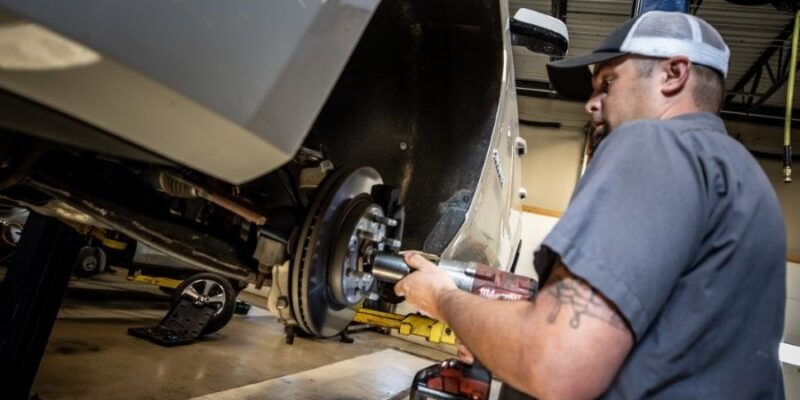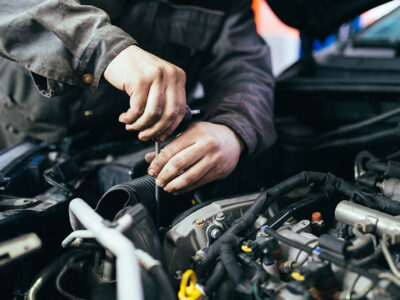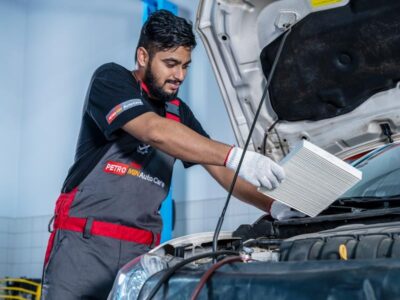Driving on rough roads or through bumpy terrain creates significant vibration that can affect various parts of your vehicle, including the horn. Over time, this constant shaking can loosen the horn’s wiring, mounting brackets, or even cause the horn itself to become misaligned. Vibration causes physical stress on the electrical connections, which can lead to wear and tear on critical components such as connectors, fuses, and wiring. This constant agitation can gradually weaken the horn’s sound or cause it to fail completely, especially if the wiring becomes disconnected or damaged due to prolonged exposure to vibration.
Aggressive Driving and Its Effects on the Horn
Aggressive driving, such as hard braking, rapid acceleration, and sharp turns, can also contribute to horn malfunction. These driving behaviors increase the forces placed on the vehicle’s components, including the horn’s mounting and electrical connections. When the horn is subjected to rapid shifts or extreme movements, it can experience more stress than it was designed to handle. This can lead to components loosening, breaking, or deteriorating quicker, ultimately impacting the horn’s ability to function properly. Regularly driving in this manner can significantly shorten the lifespan of the horn system. Choosing the Auto Repair in Augusta, GA based service would be essential here.
The Role of Vibrations in Electrical Connections
The horn operates by transmitting electrical power through its wiring and connectors. Excessive vibration can disrupt these electrical connections, causing intermittent power loss or poor contact. A poor connection due to vibration can result in a weak or inconsistent horn sound. In some cases, the horn may only work intermittently, making it unreliable when you need it most. Additionally, vibration can cause corrosion at the connector points, especially if moisture is present. This leads to further degradation of the electrical connections, exacerbating horn issues over time.
The Effect of Rough Terrain and Road Conditions
Driving on rough terrain or poorly maintained roads can also contribute to the stress placed on your horn. The constant jarring from potholes, uneven surfaces, or off-road driving can shake loose parts of the horn system. Even vehicles with advanced suspension systems are not immune to this issue, as the constant motion and impact from rough roads can affect the wiring or mounting of the horn. Over time, these factors can cause damage that may not be immediately apparent, but can lead to horn failures or weakened sound quality as the components deteriorate.
Preventing Damage and Extending Horn Lifespan
To prevent vibration-related damage to your horn, it’s important to practice smoother driving habits, particularly when navigating rough or uneven roads. Avoiding harsh acceleration, braking, and cornering can reduce the stress on your vehicle’s components, including the horn. Additionally, regularly inspecting your horn system for signs of wear and tear, such as loose connections or damaged wiring, can help catch issues early before they worsen. Installing a more robust mounting system or vibration-dampening materials can also help protect the horn from the damaging effects of constant vibration, extending its lifespan.








Comments